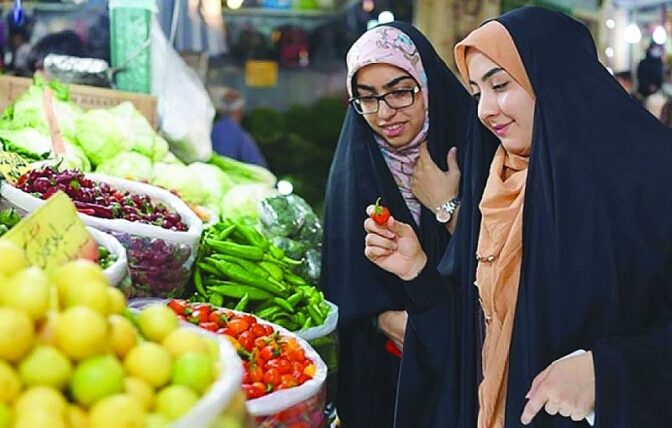
 "
"

 "
"

The Halal market, which serves Muslim consumers, offers significant potential in terms of scale, population, spending power, and industry diversity. This creates a promising opportunity for Vietnam’s export sectors, especially in agriculture. However, the stringent Halal standards pose challenges for Vietnamese agricultural products.
Since 2018-2019, a particular company has been actively involved in the Halal market, implementing extensive changes throughout its production process—from cultivation to certification—to comply with Halal requirements.
Currently, only about 20 Vietnamese products are exported to the Halal market. Despite Vietnam’s agricultural strengths, food production capabilities, and numerous free trade agreements, the country’s presence in the global Halal market does not yet fully capture its potential.
Halal standards mandate that the preparation process follows Islamic guidelines, ensuring integrity, safety, and hygiene throughout the supply chain. Although exporting Halal products can be difficult, it becomes manageable if businesses adhere to these regulations.
As one of the world’s leading exporters of agricultural and seafood products, Vietnam has many offerings that align well with Muslim consumer preferences. Its proximity to major Halal markets further enhances its position. As Halal standards continue to expand across various product categories, they will increasingly shape Vietnamese exports and services.